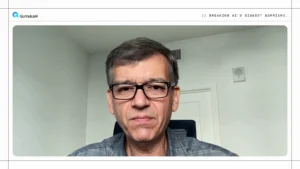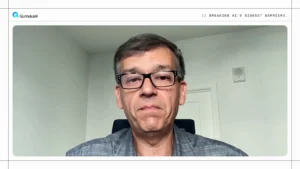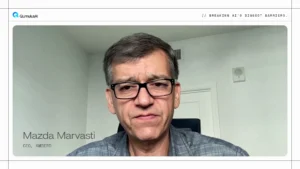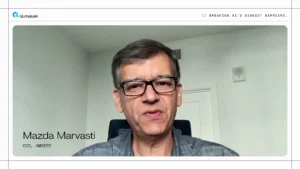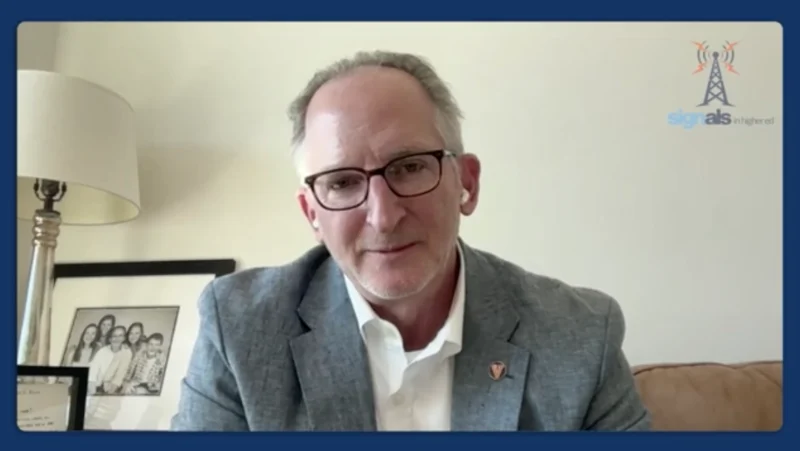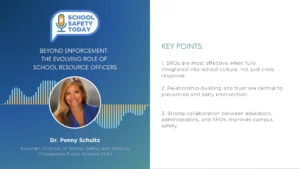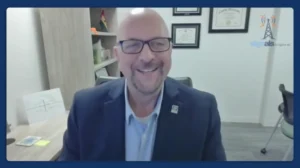The Four Essential Roles of Leadership
Amidst and after the pandemic, there is more pressure on teachers to produce more outputs than inputs; people call for more responsibility and standardization in teaching and learning. This pressure trauma is showcasing itself and putting immense pressure on teachers to perform effectively, leading to burnout, quitting, and losing great people in the field. According to a Wall Street Journal report, at least 300,000 public-school teachers and other staff have left the field between February 2020 and May 2022.
With this unfortunate turn of events, how can we collectively take an active leadership role, get more people to show up for a vision rather than just a job, and accomplish the vision for our children?
In this week’s podcast, the host of Change Starts Here, Dustin Odham, had a heartfelt chat with Betsy Wierda, a FranklinCovey coach, consultant, and executive coach, on how to help staff members detect their gifts and talents, how everyone can be a stakeholder, and how we can help our kids achieve regardless of the demographics or socioeconomic background.
Odham and Wierda also discussed other aspects, such as:
- Her experience in the education world
- The challenges districts are experiencing all across the country in terms of developing great leaders
- The four essential roles of leadership
“The thing that brings me the most joy is that I get to bring joy and hope to our schools,” Wierda said. “We want to help people detect their gifts and talent and connect these gifts to meaningful work within the organization so that they feel valued and connected to meaningful work bigger than themselves.”
Odham asks Wierda about the four most important roles in leadership. Wierda asserts:
- Trust: Leaders inspire trust in others through competency and character.
- Results-driven: Leaders create a vision and constantly communicate this vision with stakeholders.
- Coaching potential: To develop those that can take over when the current leaders are gone.
- Strategy execution: Leaders should be able to reflect and give meaningful feedback.
“I believe that one person can make a difference, and each person matters; don’t give up; we can learn and execute these four roles,” Wierda added.
Betsy Wierda is an educator and coach. She has spent 15 years as a principal and 14 years as an Exceptional Education Teacher. She has served as a Director of Professional Development, a Standards and Literacy Coach, an Adjunct Professor, an Excel Teacher at the University of North Florida, a Professional Development Cadre Member, and an Administrator in both St. Johns and Duval Counties in Northeast Florida. She is currently a coach and consultant, working among the best and brightest educators in the nation.


